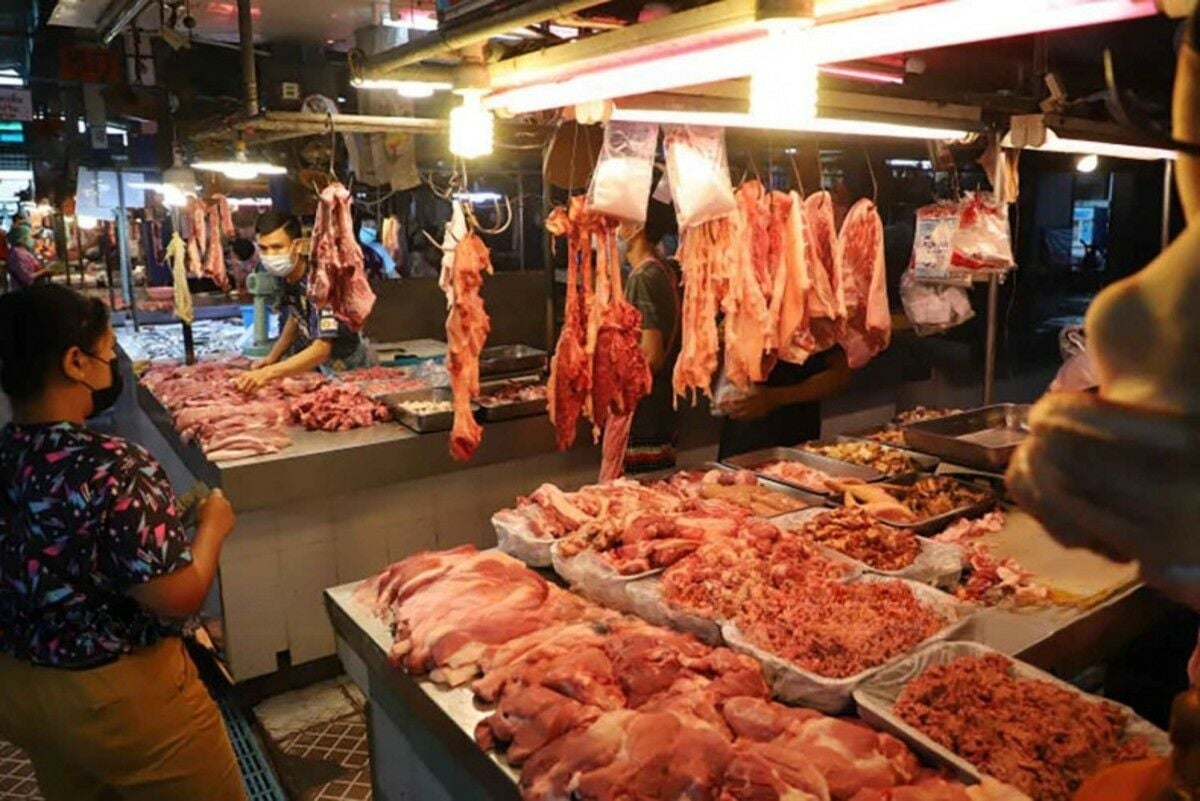DDC issues raw pork warning as infection cases surge

People are strongly urged to avoid consuming raw or undercooked pork to safeguard against infection from streptococcus suis, also known as hearing loss fever, which can be life-threatening.
This advisory comes in response to reports of a rise in cases during the recent extended holiday period in certain provinces.
Doctor Taweechai Visanuyothin, Department of Disease Control (DDC) director of Regional Office 9 in Nakhon Ratchasima, noted an increase in instances of the disease linked to the consumption of raw or undercooked pork.
Between January 1 last year and January 2 this year, 197 cases of hearing loss fever, resulting in 22 fatalities, were documented in provinces overseen by Regional Office 9. Nakhon Ratchasima reported the highest number of cases and deaths, with 120 cases and 10 fatalities, followed by Chaiyaphum with 37 cases and seven deaths, and Surin with 24 cases and three deaths.
He stated that pork should be cooked at temperatures of 70 degrees Celsius or above for at least 10 minutes to ensure safety. He emphasised that using lime juice to marinate pork does not effectively cook the meat.
Doctor Taweechai also cautioned food preparers about the risk of infection through open wounds and advised the use of gloves when handling pork. Symptoms of the disease include fever, fatigue, nausea, irregular heartbeat, impaired vision, low blood pressure, and hearing loss, reported Bangkok Post.
In related news, the Swine Raisers Association of Thailand (SRAT) expressed growing concern that small pig farms could face closure due to an increasing oversupply of pigs, as larger farms aggressively expand their production capabilities.
This oversupply issue arises from major pig farms in Thailand continuously boosting their production without aligning with the actual market demand for pork, according to SRAT President Sitthiphan Thankiatphinyo.
In other news, the Thai Ministry of Commerce addressed concerns raised by Commerce Minister Pichai Naripthaphan regarding the high cost of pork in Thailand compared to imported pork.
Latest Thailand News
Follow The Thaiger on Google News:


























